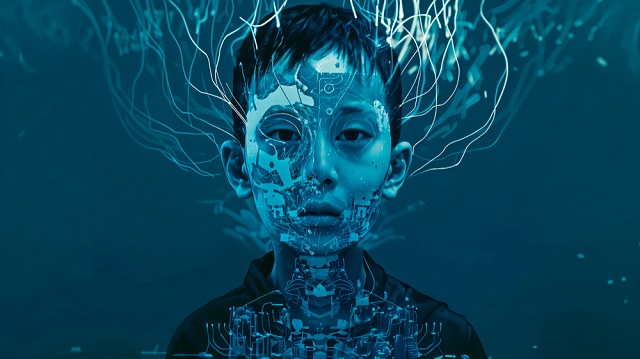As artificial intelligence reshapes how we work, connect, and create, a new frontier is emerging: Emotion AI—also known as affective computing. Unlike traditional AI like ChatGPT, which focuses on understanding and generating language, Emotion AI seeks to detect, interpret, and respond to human emotions. The question now arises: Could Emotion AI be the next ChatGPT?
ChatGPT vs Emotion AI: Two Worlds Converging
While ChatGPT (and similar large language models) specialize in logic, information, and conversation, Emotion AI adds an entirely new layer—empathy. It analyzes facial expressions, vocal tones, pauses, and even heart rate to understand your emotional state and respond in kind.
Imagine a virtual assistant that not only answers your questions but senses your sadness and offers a calming voice, a joke, or a memory it recalls from a previous conversation. This isn’t sci-fi anymore—products like Euvola, marketed as the world’s first emotional AI companion, are already making this idea a reality.
The Future of AI: Intelligence Meets Empathy
The most powerful AI experiences in the future won’t just be smart—they’ll be emotionally aware. Combining the cognitive power of ChatGPT with the empathy of Emotion AI can lead to virtual companions that:
- Support mental health and wellness
- Help the elderly feel less lonely
- Adapt to student frustration in real-time
- De-escalate angry customer support calls
This emotional dimension transforms AI from a tool into a presence—a shift from utility to companionship.
Why This Matters
The rise of devices like Euvola signals a market ready for AI that understands how we feel, not just what we say. This is a major leap from voice assistants like Siri or Alexa. Emotion AI can potentially redefine:
- Healthcare and therapy
- Elder care
- Education
- Human-computer interaction in everyday life
But There Are Big Questions
With great potential comes great responsibility. Emotion AI raises critical ethical concerns:
- Should machines simulate empathy?
- How do we protect sensitive emotional data?
- Could people grow too emotionally attached to AI companions?
These are challenges we must navigate carefully as Emotion AI becomes more human-like.
The Bottom Line
Emotion AI may not replace ChatGPT—but it will almost certainly evolve alongside it. The future of AI isn’t just intelligent—it’s emotionally present. Whether it’s helping a lonely senior or sensing frustration during a conversation, the next generation of AI will not only talk with us—it will connect with us.
Stay tuned to Entrepreneursecho magazine as we explore the emotional frontier of technology—and how it’s quietly reshaping the human experience.


